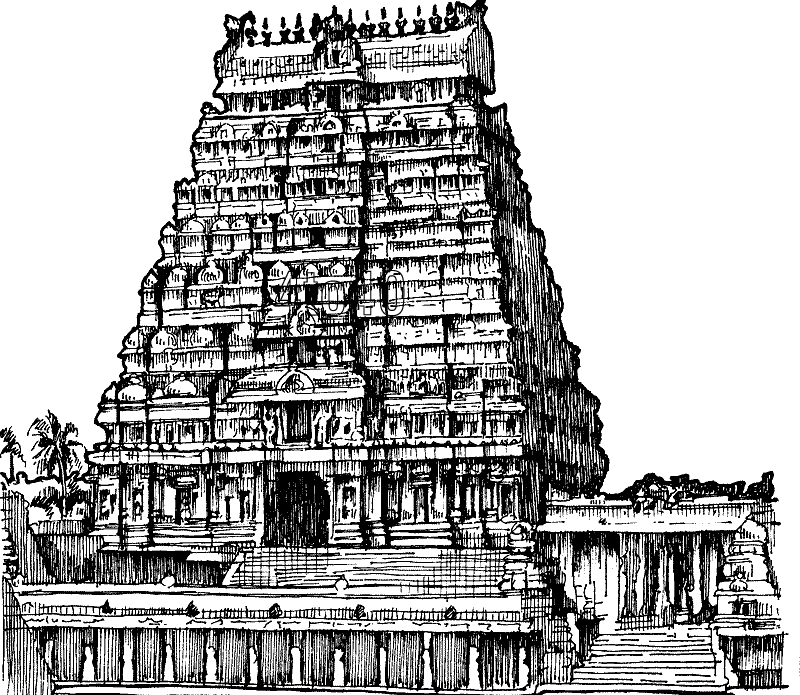LALITHA SAHASRANAMAM Shloka #27
- S Subramaniam
- Aug 25, 2022
- 2 min read
Updated: Aug 26, 2022

LALITHA SAHASRANAMAM
@ S. Subramaniam
निज-सल्लाप-मादुर्य-विनिर्भर्त्सित-कच्छ्पी (27)
Nija Sallapa Madurya Vinirbhartista Kacchappi (27)
Meaning
The divine voice of Devi is extremely melodious; it is far sweeter than the sounds of Saraswati Devi’s Veena which is known by the name Kacchappi.
Interpretation
Nija Sallapa or the words spoken by Devi is to be understood as the Divine Mother’s words signifying the teachings of Vedas.
Devi Saraswati's veena is known by various names - one such name is Kacchappi - perhaps named after the female tortoise, as the Resonator part of Veena resembles a tortoise. Adi Shankara refers to the Veena as Vipanchi. The veena is believed to produce the most melodious musical note in the universe. The voice of Lalithambika is more melodious than Saraswatī’s veena.
Vipanchyaa Gaayanthee Vividha mapa daanam Pashupatheyhe
Thva yaarabdhey Vakthum Chalitha shirasa Sadhu vachaney!
Adi Shankara builds up a very interesting background to explain the comparison between the two - Saraswati's Veena and Devi's voice.
Says the spiritual sage of the highest order of Advaita:
Saraswati is playing her Veena called Vipanchi and side by side also singing songs (gaayanthe) - songs in praise of various deeds of Lord Shiva (Pashupati). Devi Parvati who is listening to the great music, first nods her head (chalita shirasa) and later vocally expresses her appreciation (sadhu vachaney).
Shankara further adds, a terribly embarrassed Saraswati, upon hearing the melodious voice of Devi, quickly stops playing the veena and hides it in its case. This she does because, the sweetness on the strings of the veena, according to Shankara, is ridiculed by the soft melody and eulogistic words spoken by Parvati.
Maha Periyava offers a more balanced and less lopsided explanation to the above shloka. In his words, the impact of the sweetness of Devi Parvati's voice is such that even Saraswati stopped playing her veena. It should be understood as her way of honoring (paying respect to) the incomparable melodiousness of Devi Parvati's sweet voice.
Disclaimer: _ All matters contained in this article are the property of www.templesofasia.com. The opinions expressed in this article are purely that of the author. The author alone is responsible for the accuracy, authenticity, completeness and validity of all the information in the article.





Comments